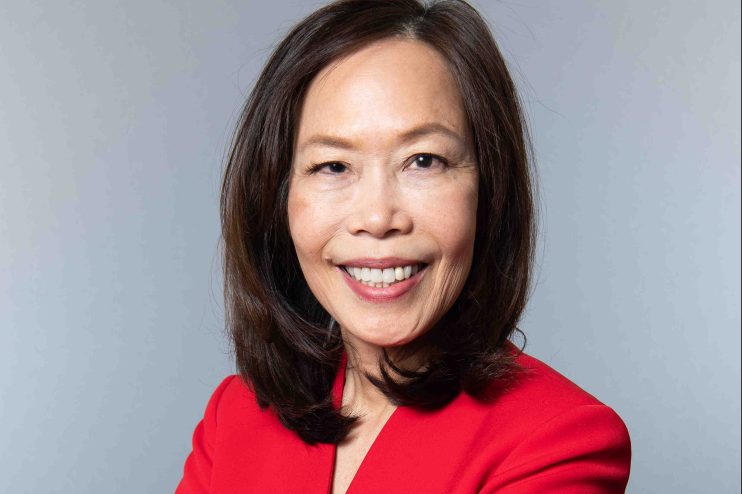Children need more than piggy banks to aspire to – we must step up and foster financial literacy

by June Felix, CEO IG Group
While living in the UK and being married to a Brit, I maintain generally unswerving American optimism. But recent stories on the escalating cost-of-living crisis seeping through every newspaper have been a hard read.
It becomes even more concerning when you consider that the London Institute of Banking and Finance estimates over a third of adults in the UK do not feel confident about managing their money. And it made this year’s Talk Money Week feel particularly pertinent.
Somewhat surprisingly, this uncertainty has landed on the back of a rapid explosion in the retail investing landscape, heightened during the Pandemic. The rise of armchair traders during this time, with mobile apps providing fingertip access to markets, the allure of trading trends like ‘meme stocks’, more time and cash on their hands clearly shows a curiosity of many to explore the potential of trading.
But to succeed, curiosity alone just isn’t enough and the importance of committing time to hone your trading knowledge and understanding, and most importantly, work out your true personal appetite for risk is essential. This is when high risk/reward opportunities for the potential financial gain is right for someone, and they can commit to trading with a level of confidence.
Those of us who work at the heart of one of the most successful financial centres in the world have both a responsibility and an enormously exciting opportunity to address this imbalance (see – I knew that optimism wasn’t far away).
First, the knowledge gap needs to be tackled if we are to provide equal access and get people ‘talking money’. Some interesting facts:
- There is clearly appetite – 72% of 15-18-year-olds say they want to learn more about money and finance in schools. However, only 28% of secondary school teachers believe their school has put more emphasis on financial education since it became statutory in 2014.
- It is not a statutory part of primary education, but we know that money habits are largely set by age seven.
While diversity and inclusion is slowly improving, the City is still predominantly filled with people who have had better access to education and support from a young age. I passionately believe in unlocking potential in each person. As a sector built on financial acumen, we should also be building financial role models. Children need more than piggy banks to aspire to.
My ask is that financial services companies fully integrate financial literacy into how they go to market, aligned to commercial goals that support building a more sustainable future.
First, with accessible products and services accompanied by insightful tools and content to help customers make better informed decisions. This helps build trust, notably with the sectors of our community historically underrepresented in our customer bases. We place a huge emphasis on creating an educational ecosystem via our financial content at IG Group – since June our IGTV videos have been watched more than a million times.
Second, resources should be dedicated to programmes that support financial literacy at all stages of life, to provide ambitious people with the skills, tools, and confidence they need to manage their finances. A focus on STEM education, for example, as the building blocks for financial literacy.
There are natural partnerships to be formed between financial services companies and not-for-profit organisations focused on supporting the school curriculum with financial education. IG’s Brighter Future Fund supports charities such as Teach First, Teach for All, Code First Girls, and Learning with Parents. This means starting young to give children the skills they need to talk money.
It is widely accepted that support at home is needed to bridge the education gap in schools, for curriculum subjects as well as to form lifelong good money habits. As a Chinese American, the value of education was resolutely impressed upon me by my parents. However, many parents face barriers in engaging in their children’s education. Organisations such as Learning with Parents are tackling the education gap by empowering parents in the most disadvantaged communities to engage in their children’s learning.
As an industry that’s passionate about education, let’s step up to the challenge, combining our capital, enthusiasm and knowledge to champion our customers and work with our communities to raise the bar. It’s our collective responsibility to make a positive impact on financial literacy and develop children and young adults to form the future talent pools for our sector.